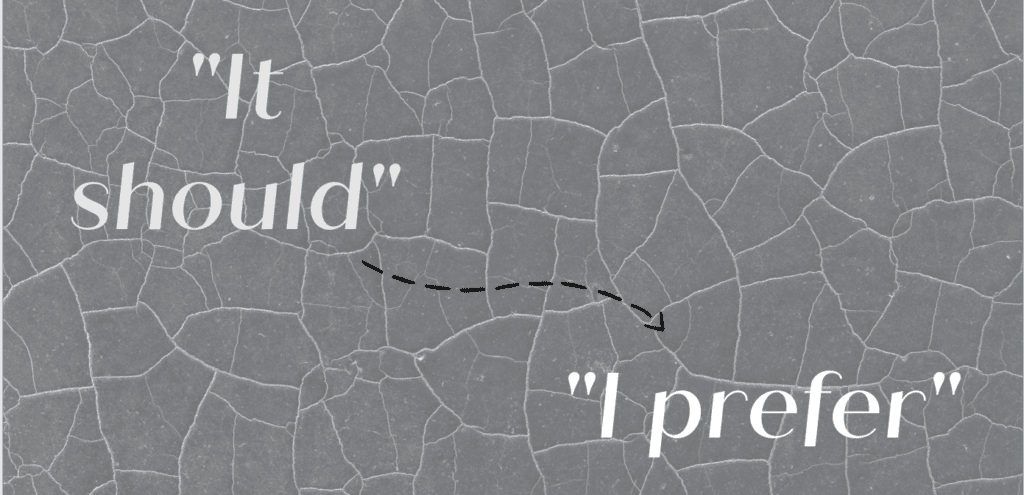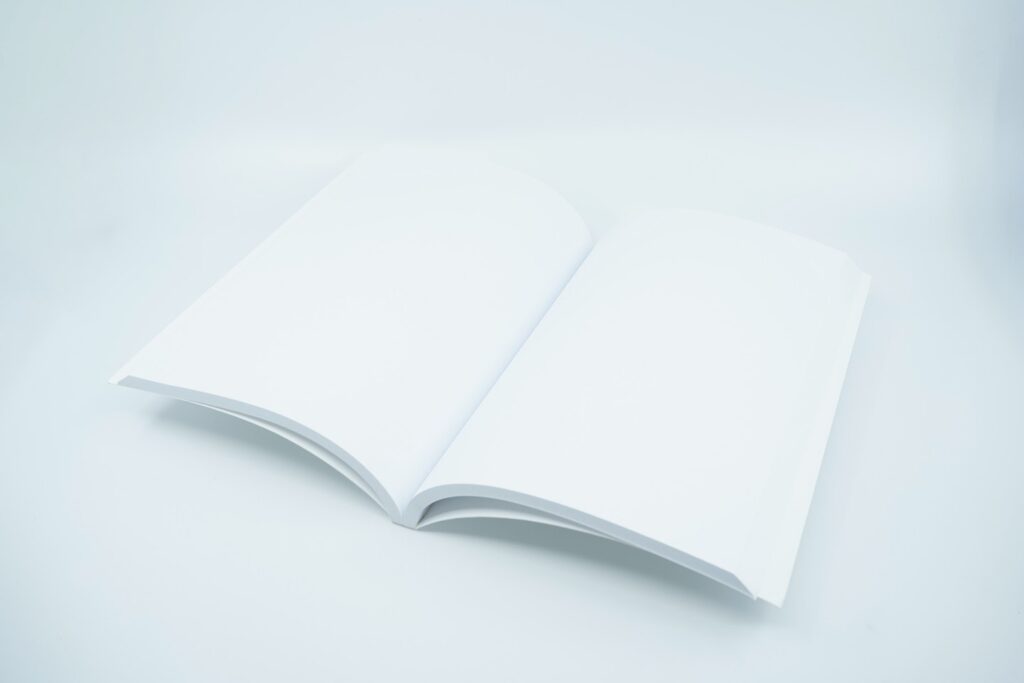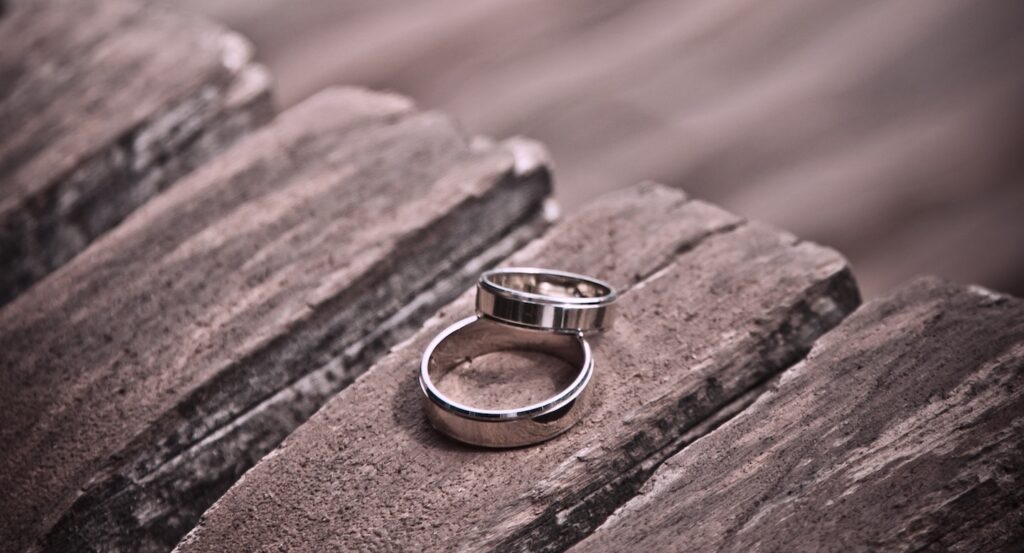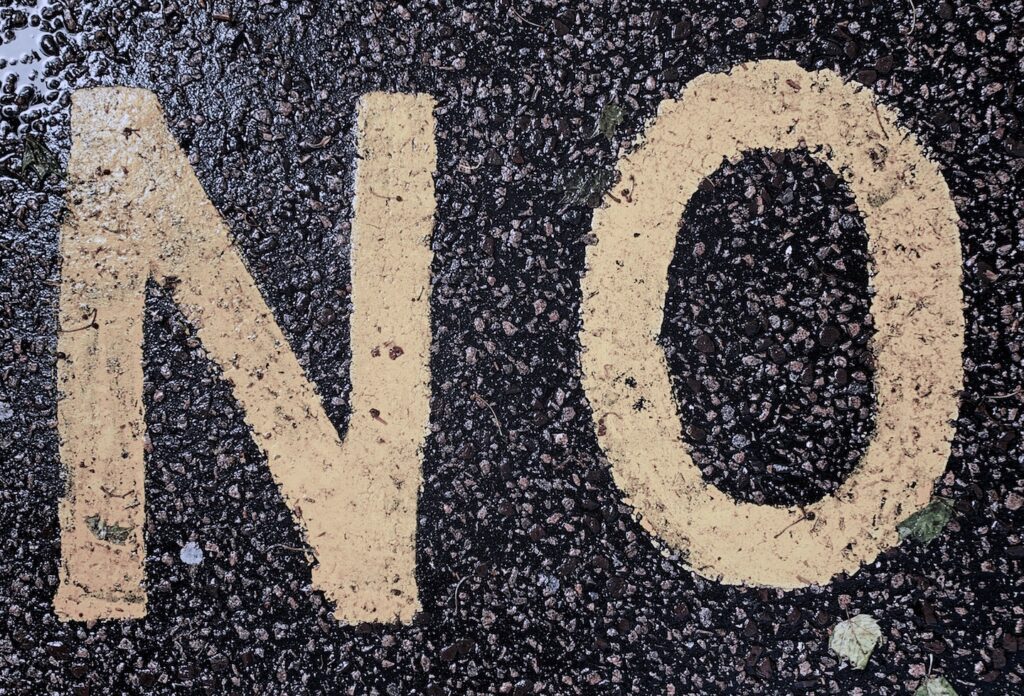
Yesterday, I faced a blank blog post without an idea of what to write. No ideas. It was too late in the process to be empty-headed. But I had nada.
Hardly a tragedy, And yet, the struggles began.
It wasn’t just what was happening—it was my feelings about what was happening. And it wasn’t just the feelings—but the feelings about the feelings. It all boiled down to three words:
“I should have.”
As my mind started spinning like a high-speed washer at the laundromat, I thought:
- My ideas should come when I needed them.
- I should be able to come up with a topic.
- I shouldn’t be fuzzy-brained and tired.
- I shouldn’t feel like this.
- Should. Should. Should.
None of it helped my mood or productivity.
Then I made a small shift. I said, “I’d prefer.”
With that shift, it was OK to be frustrated, although I preferred not to be. It was OK to not have an idea, although I preferred to have one. It was even OK to be tired, even though I preferred more energy.
Life didn’t have to be different than it was (and neither did I) although I could still have my preferences.
With the shift from “should” to “prefer” a burden lifted.

Letting go of expectations and keeping preferences.
Shoulds and expectations can sink us, especially when we think things need to go our way to make us happy.
On the radio podcast, “The Hidden Brain,” I heard Shankar Vedantam interview Dr. Iris Mauss about her research on happiness. It turns out that the science of happiness is full of paradoxes, such as:
- Seeking happiness does not lead to happiness.
- Trying to avoid or suppress unhappiness doesn’t lead to happiness.
- Our expectations of happiness usually lead to their opposite.
The solution she proposed—a challenging one—was to accept whatever we are feeling.
Of course, that can be terribly hard to do. But as we work toward that aim, we don’t have to be neutral to life or our emotions. We still can have preferences. We can prefer that things work out. We can prefer to be happy.
A preference is different from expecting the world to work out our way in order to make us happy.
We can prefer things to work without being toppled when they don’t go according to plan.

An expectation-filled event
When it comes to events with expectations, there’s nothing like weddings. They are “supposed to be perfect.” Before I was married, I remember hearing women talking about their weddings as “the best day of my life”—a high bar for any event.
Mine was a very special day—except for a few, fortunately small, glitches. But that didn’t stop the loudspeaker in my head from telling me that I ruined a day that should have been perfect. I had forgotten to bring the colored paper plates that my mother had helped me select—clearly, a life-threatening event that could forever doom my relationship with her.
I’d lost the option for “perfection” or “best day” status. I was upset.
Most of the day was wonderful. And that’s the way life often is. Even when things really don’t go well, a few golden moments will happen anyway. During a “perfect day,” I can guarantee there will be things that don’t work and some mixed feelings.
Now (thank you, Aging!) I have dropped the perfect thing. I figure there will always be mistakes. I say “both/and” knowing that I can be upset and happy and grateful—often at the same time.
Not everything is a preference
Before I write more, let me clarify: I’m not talking total detachment, and not everything I want is a preference. If a client expects something from me, my commitment has to be stronger than “I prefer to get my work done.”
And it’s not a preference when I say that people should not have access to semi-automatic weapons they can use to kill innocent others. It’s a demand.

But, when it comes to expectations for how I want to feel on a given day, I am talking preferences.
Desire is OK
I think wanting things is OK. I’ve never really understood the idea of wanting to live free of desire because I think it takes a lot of desire to get to that state.
I suspect that we’ll always have preferences anyway—they might be baked into being human.
I can treat them lightly:
- I’d prefer to feel good when I wake up tomorrow.
- I’d prefer to have ideas for this blog when I want them.
- I’d prefer to be happy.
My life can work out even if my preferences aren’t met.
It’s expectations I have to watch. As Dr. Mauss said, our expectations of happiness usually lead to their opposite.
Lessening the struggle
Dr. Mauss offered us a way not to struggle so much with the process of being human: to be OK with who we are. We’ll be disappointed with ourselves but we don’t have to be disappointed that we’re disappointed. We’ll struggle but we don’t have to beat ourselves up for struggling.
As for feelings, they’ll come in every color.
So when I have a tough time putting ideas together, it can be just that—a tough time. Not what I would want, or prefer, and nothing that has to last any longer than it does.
Which yesterday, thankfully, turned out to be not that long at all.










One Response
Hi Sally! I’m finally going through MANY emails from this year of healing from two falls. I suspect you know…. I’m actually walking without support!
I hope all is well with you!
Jack is doing great also!
I think about you often, but actually do not contact any one much. I love your emails!! always read them, even though I have not responded.
How are you?
Hugs…Geri